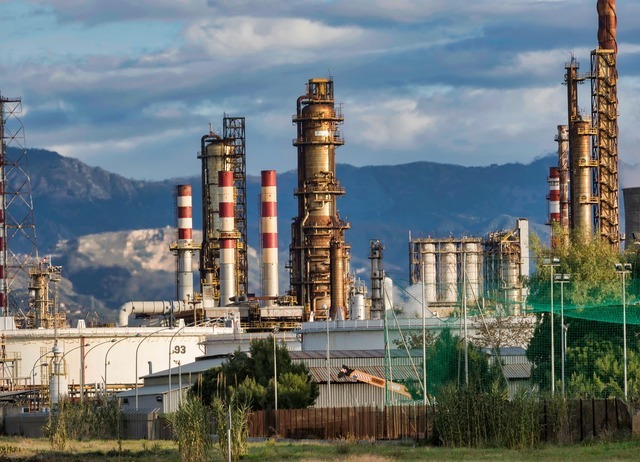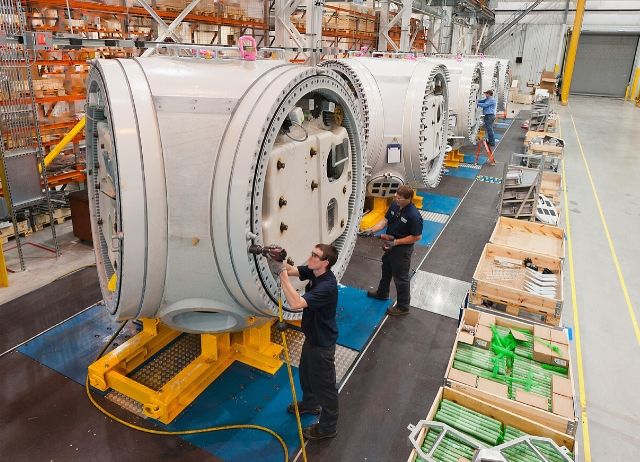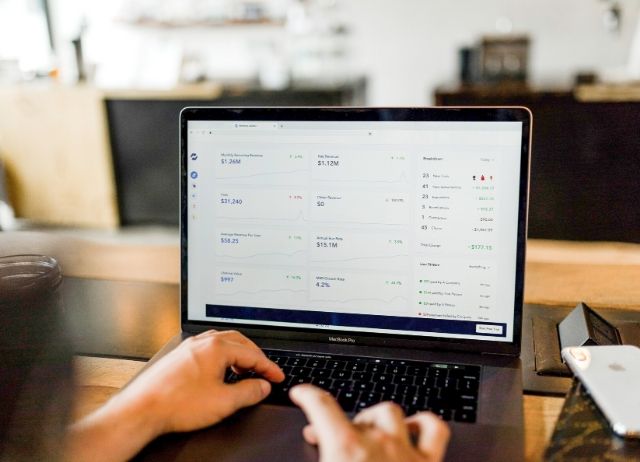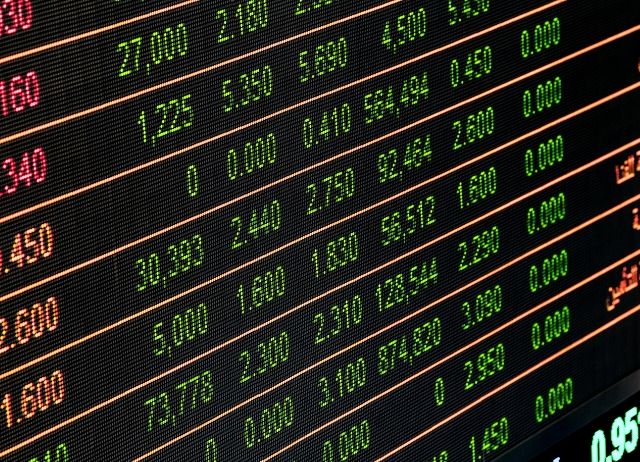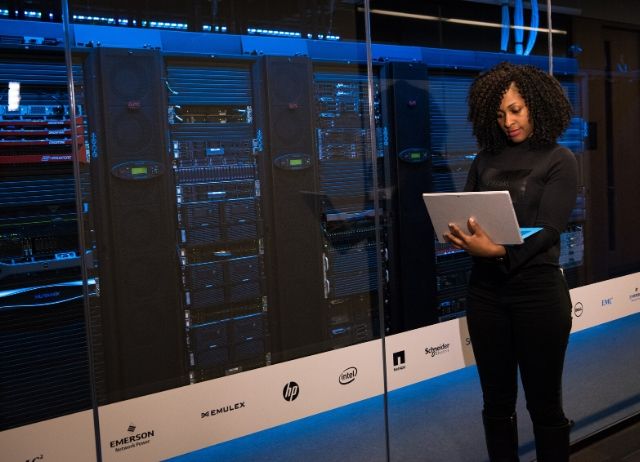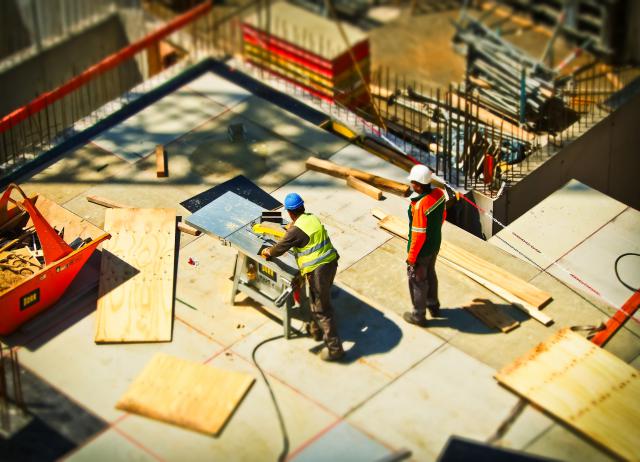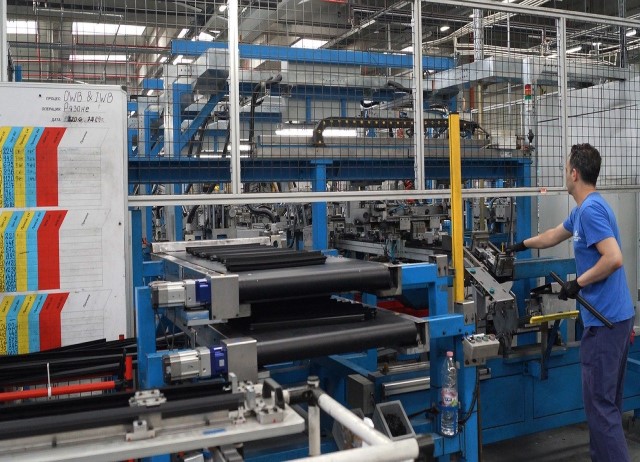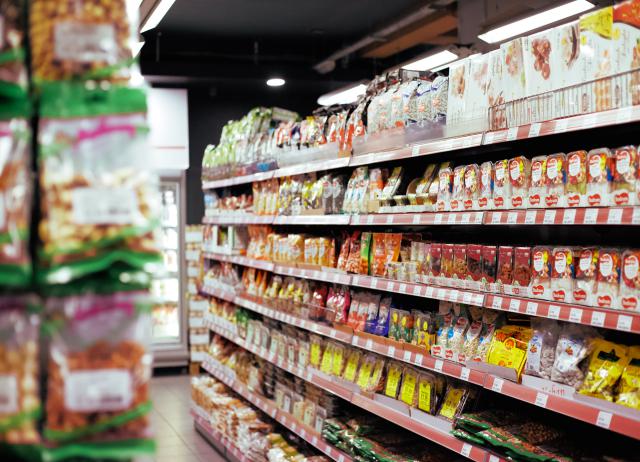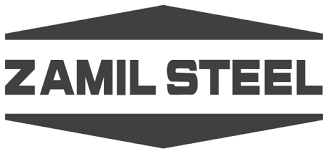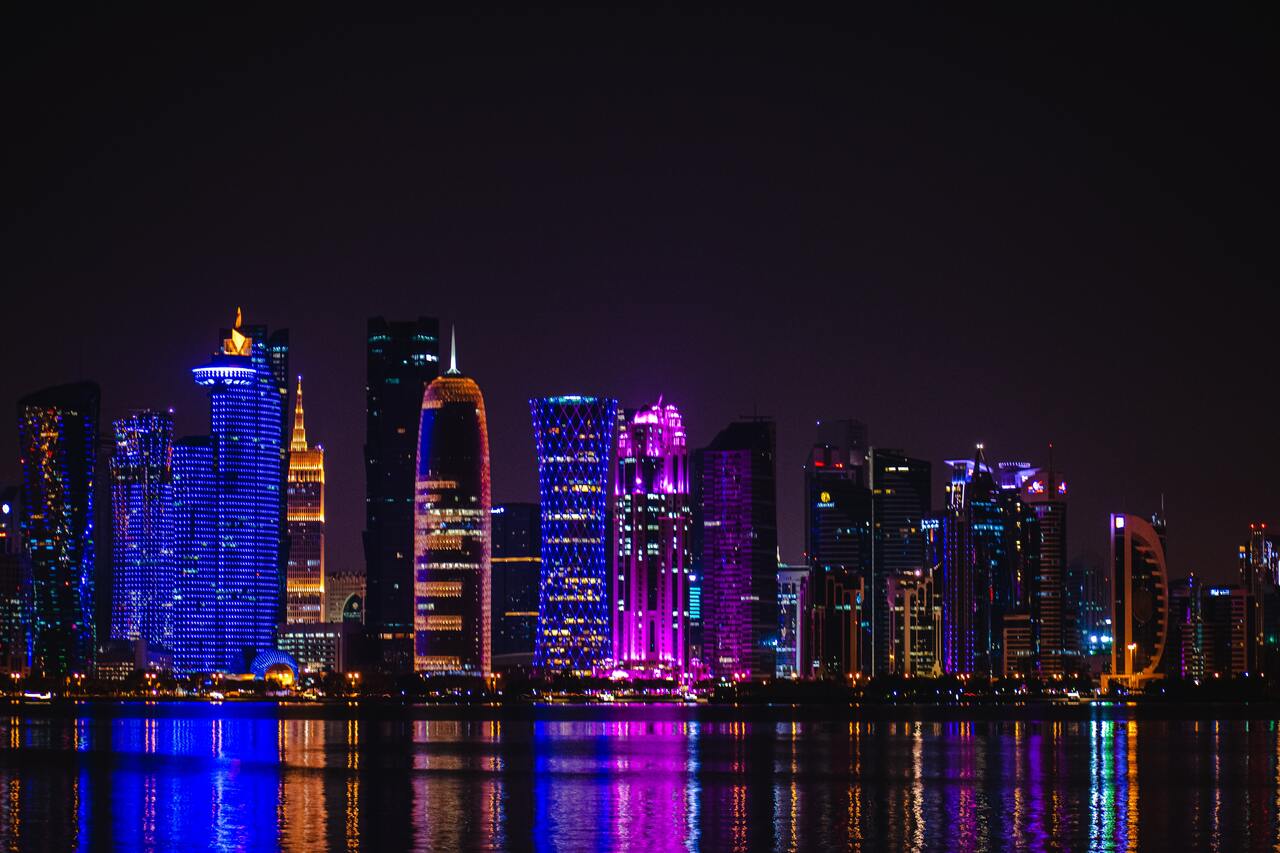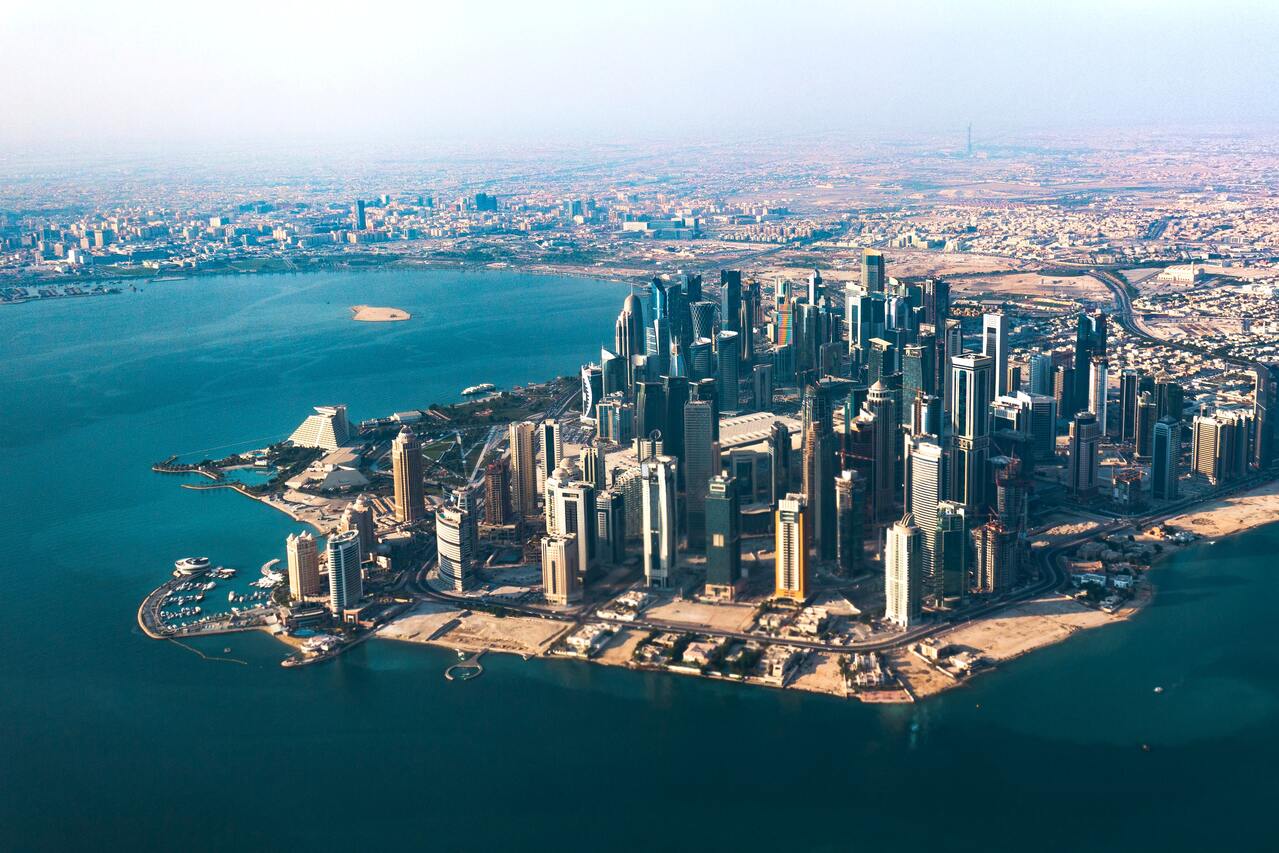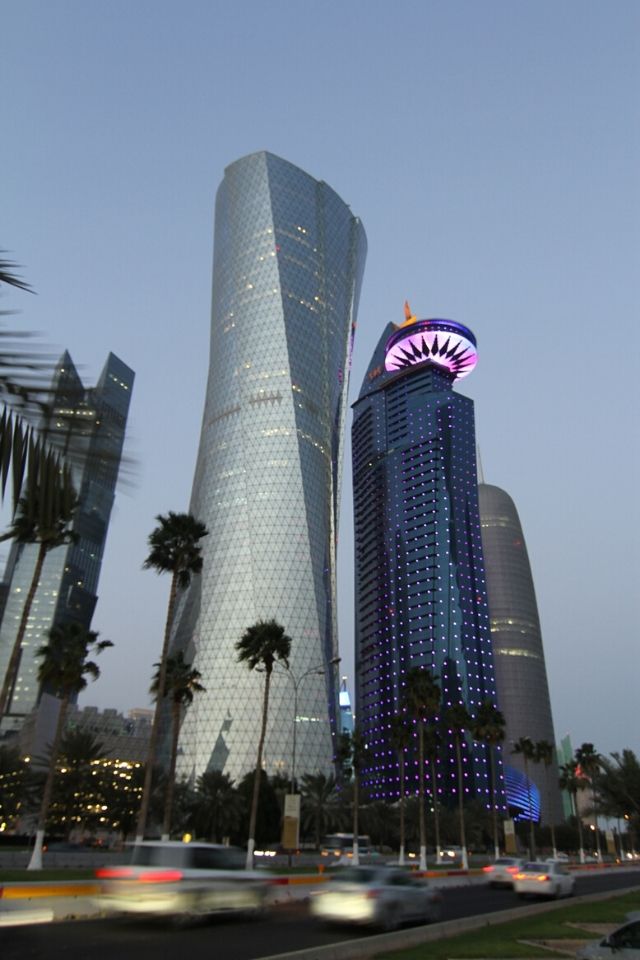
Qatar: LNG to Rising as Coal Replacement
As the world's second-largest gas exporter and the largest exporter of liquified natural gas (LNG), Qatar experienced a severe impact from the collapse in crude oil prices during the first phase of the COVID-19 pandemic.
The two factors led to Qatar's real GDP contraction by 2.6 percent last year, recording below USD 150 billion for the first time in a decade.
Supply Constraints of LNG
The country's first step towards recovery started from their thorough vaccination programs, positioning the pandemic under control alongside a gradual global rebound in energy demand.
Recently, energy prices have risen back to the pre-COVID-19 levels, showing no signs of slowing down for the upcoming years. The numbers owe its rise to the capital expenditure drop done by oil and gas companies during the pandemic, resulting in supply constraints.
The bottleneck in LNG supply poses a significant threat to Qatar, especially as a raft of major LNG projects in the country has been postponed and canceled as a response to the prolonged pandemic and the long-term demand for LNG.
Global Shift to Gas
As countries take the pledge to tackle climate change and altogether address environmental, social, and governance (ESG) concerns, governments across the globe are taking decisive action to transition to renewable energies.
The preference towards sustainable energy could positively affect LNG's transactions as gas replaces coal as the fundamental source of electricity.
Qatar has long seen the need to process a minimum carbon footprint LNG. Today, the country's gas production process stands among the lowest carbon intensity worldwide.
The number will further decline through the Qatar Petroleum (QP) sustainability strategy that includes cutting methane leaks, leveraging solar power for operations, and catalyzing carbon capture for eventual storage.
The country's mission towards realizing a sustainable future can be seen through its effort as one of the five founding members of the Net Zero Producers' Forum that commits to reducing the intensity of production.
Opportunities and Threats
The improving demand alongside Qatar's new supply delay results in opportunities for private hydrocarbon companies to fill the gap. Recently, QP has awarded the main contract to establish four new LNG terminals in the North Field East Expansion, bringing new supply onstream forecasted in 2025 to 2027.
Qatar's supply bottleneck of LNG means the country needs to race between the preparation of hydrocarbon expansion and the rapid global demand shift to leave coal as a measure to reach the zero-carbon emission goal in the near future.
Qatar Market Research assists industry players in identifying sustainable growth strategies within the Qatari multitude of industries, providing a grip of understanding towards the opportunities and potentials beyond the surface level.
Our engagements usually range from market entry strategies, competitive benchmarking, channel model identification, market assessments, M&A, and partner due diligence--without limiting one from the other.
With substantial background experience, Qatar Market Research helps clients enter and thrive in the kingdom's market by leveraging an in-depth understanding of the market's characteristics, allowing us to provide a one-of-a-kind perspective and insights essential to your needs.

